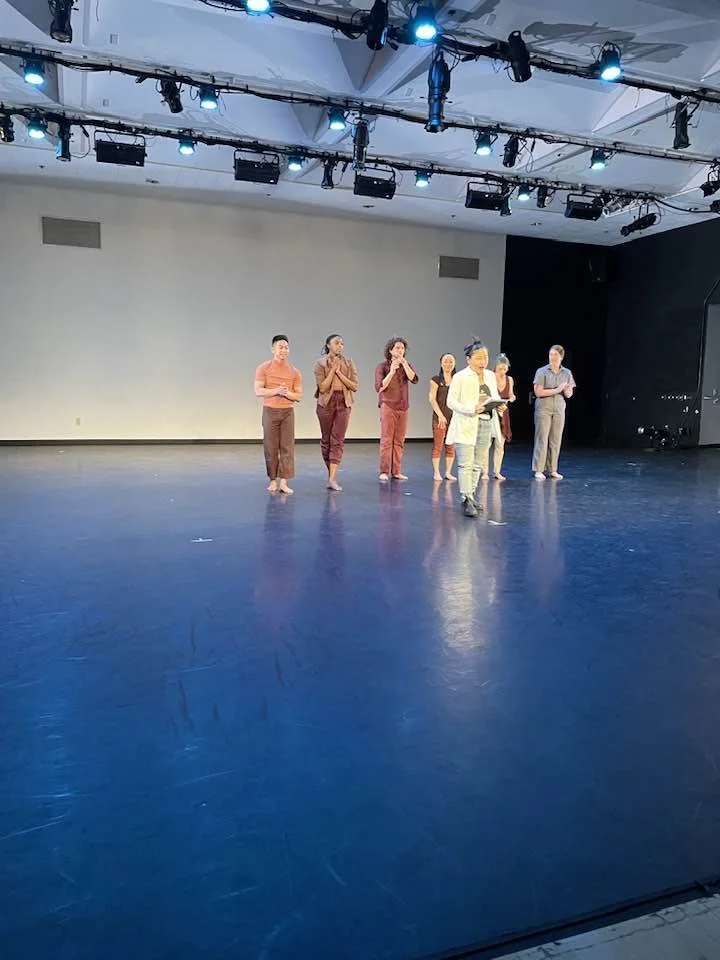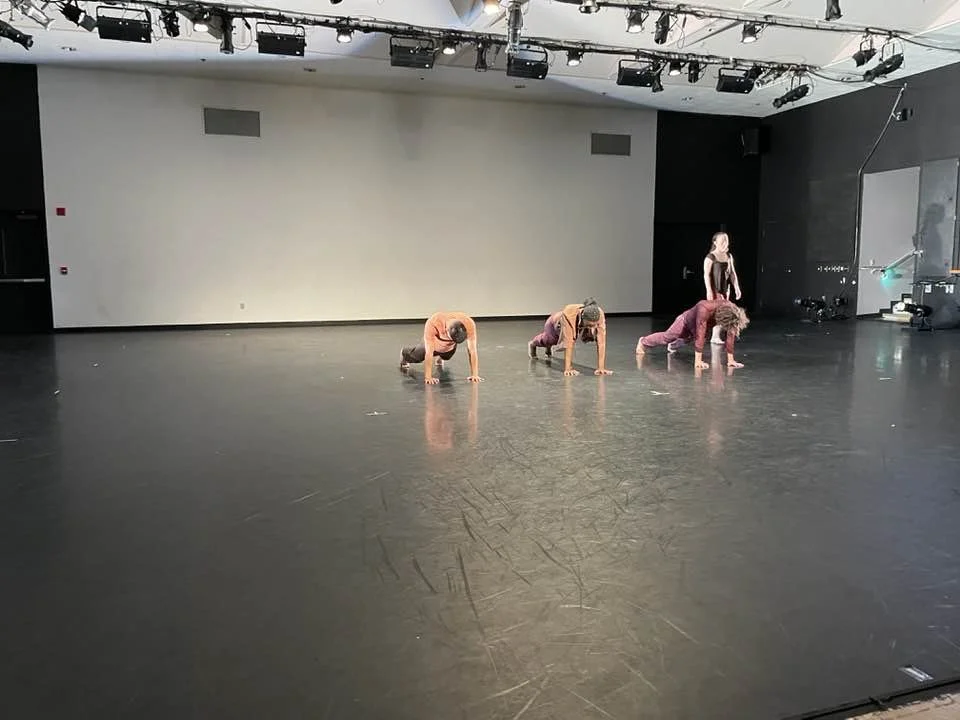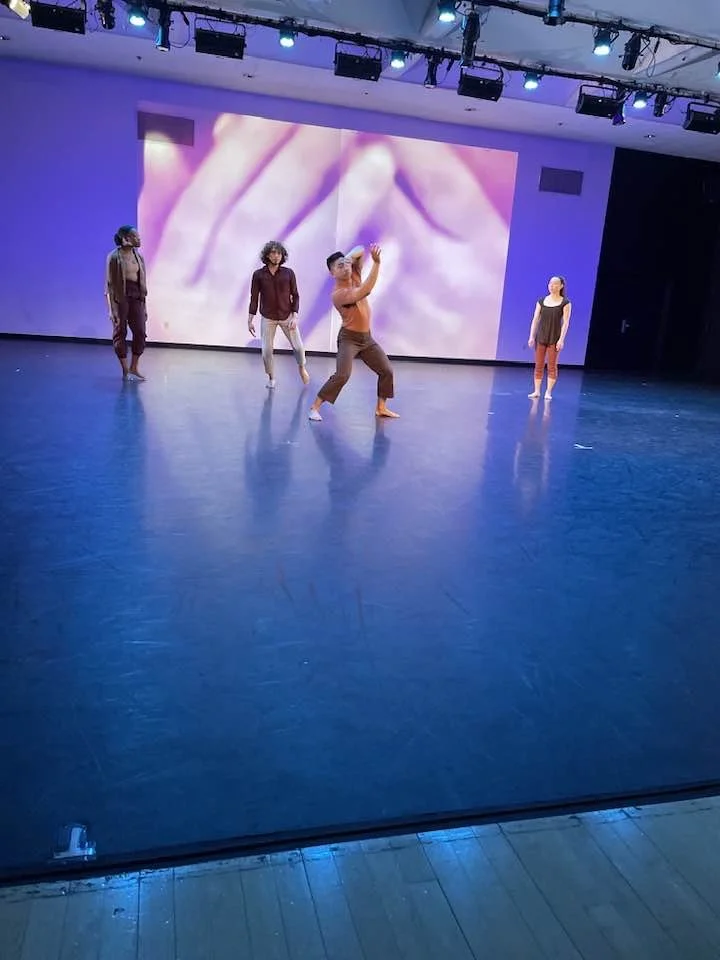Here Lies the Truth
On Sunday, May 21st, I went to a program to see a play with my friend Roberta, who has never left me alone all these years. Before the play, two speakers discussed the blossoming of creativity. As always, I compared the serene atmosphere, free from turmoil, fear, and worries, with such an event in present Iran. Here, people are not forced into anything, where nobody decides their attire and male and female companions don't have to pretend to be legally related or siblings. Where in contrast to my country, Iran, there is no news of the terrifying environment created by the religious government in theater halls. The space was calm, comfortable, and worry-free. The two speakers conversed without any aggression or intimidation. No one raised their voices. No one censored themselves or changed their words to please the ruling authority. There was no government presence here.
Such comfortable, systematic, and constructive discussions have emerged from the heart of this society, resulting from the freedom of speech and the achievement of a free industrial society. In a free world, behaviors and actions are examined, mistakes are acknowledged, and conclusions are made to facilitate progress.
Following the first part of the program and during the intermission, I approached one of the speakers and said, "Your definition of creativity and fostering creativity was original. When you spoke about creativity in society, you presented different definitions than those prescribed in a closed and oppressive society. I said the definitions of creativity come from within cultures. Does one become creatively passive in a restricted and dark environment? And is art the achievement of freedom?
I speak as a writer who doesn't know what it means to have a comfortable life without hardships, a writer who waited seven years for her first book to be published with ten years and hundreds of unpublished stories in her desk drawer, and with unpublished poems written solely for the solace of her own heart.
It's not only in tranquility that a person can write, work, or paint. An individual's struggle with their own psychological and emotional difficulties as well as their surrounding often motivate them to work creatively. But in countries like Iran, poets and authors have written amidst suffocation and in the face of ultimate despotism, and artists have persevered despite all limitations, many of these people have created and hidden their works in a secret place-- people like the Persian poet Khayyam.
But honestly, if life took a different turn and I could write freely, without restrictions, without censorship, and without a petty and wicked authority, would I have achieved more? I have always asked myself this question, if one day, in the course of my life, I had no problems like a normal writer, and if my life were comfortable, would I still write this much or strive this hard? Who knows? Maybe! If my life becomes ordinary one day, I would quit writing . Perpetual struggle exhausts a person and takes away their breath.
Part two of the program began with a theater performance, "Here Lies the Truth".Li Chiao-Ping, the Korean director, in her play protest sagainst the treatment of migrants. Young, enthusiastic students came on stage and took me back to my past as a student when I was involved in a theater group. Their rhythmic movements ignited the passion for change. In the hustle and bustle of the auditorium, there was energy, youth, consciousness, and beauty.
No one stopped the students from acting, even when two partially undressed. No one reprimanded them. No one was expelled from the university. And no one interfered with anyone else's work. One striking scene moved me. One actor wrote on a board: Listen to me. Then the second actor came and erased it. The first actor wrote again, and the second actor erased it again. This action continues until writing and erasing occurred simultaneously. Then, the first actor wrote on her body: "Listen to me." The second actor attacked her body to erase the sentence. And all the absurdities begin from there. Not listening! This scene, which was the most beautiful scene of this play in my opinion, took me to my homeland, where leaders were supposed to listen but they didn't, and the consequence of not listening and not hearing led to the establishment of execution fields, prisons, and the annihilation of cemeteries.
.
I wanted to applaud the director. Li Chiao-Ping for this incredible scene, and sincerely thank her for transforming a seemingly ordinary scene into a horrifying one, and for being able to depict the horror that lies within this action.


